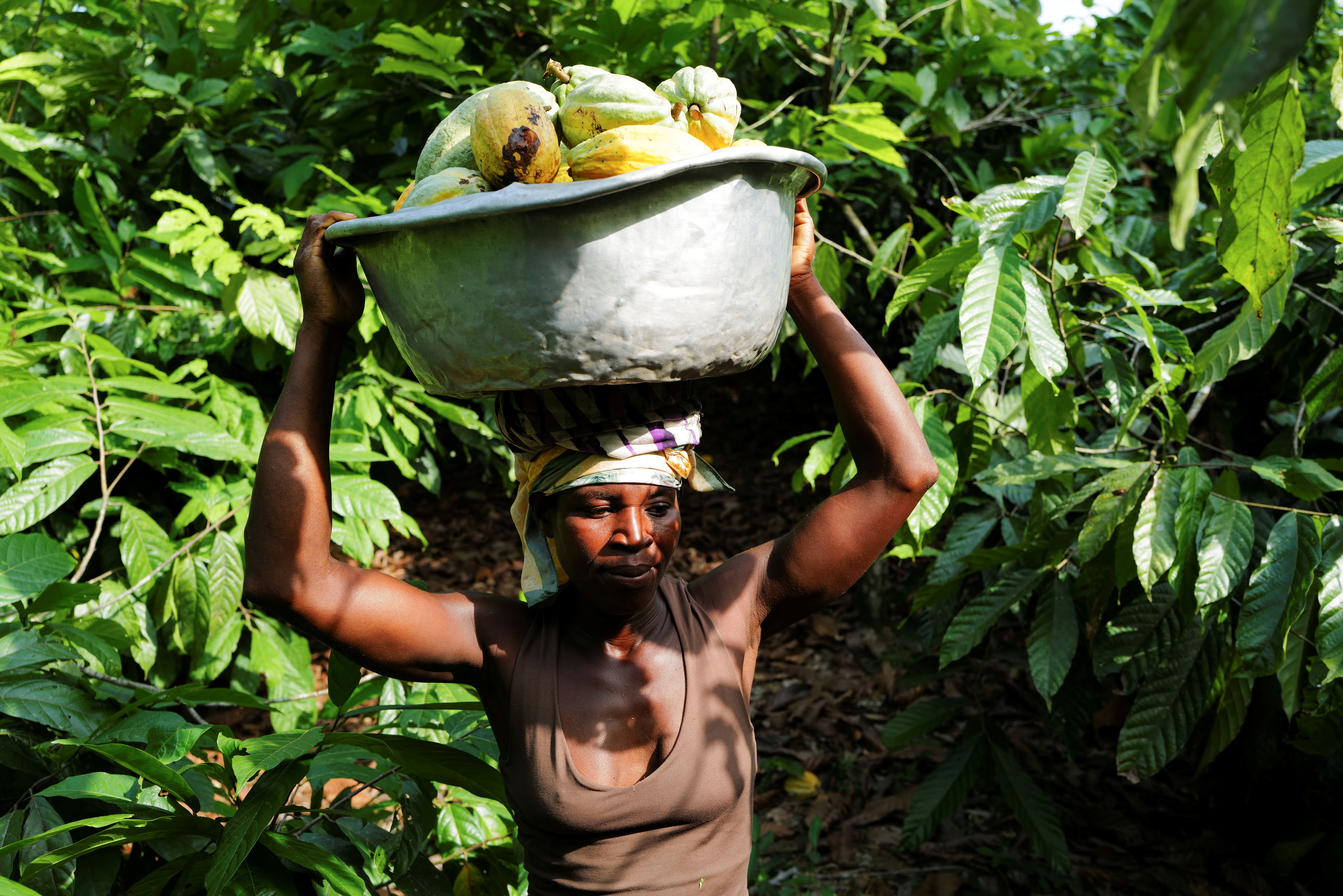
International scientists have identified significant price increases across global food markets following extreme climate events since 2022, affecting products ranging from South Korean cabbage to Brazilian coffee.
Research released Monday documented numerous examples of climate-related food price surges, including a 280 percent spike in global cocoa prices in April 2024 after heatwaves struck Ghana and the Ivory Coast, and a 300 percent increase in Australian lettuce prices following 2022 floods.
Most price increases occurred shortly after heatwave events. South Korea experienced a 70 percent cabbage price increase in September 2024, while Japan saw rice prices jump 48 percent in the same month. India faced an 81 percent potato price surge in early 2024, all following extreme heat conditions.
Drought conditions also triggered significant price movements. A 2023 Brazilian drought preceded a 55 percent increase in global coffee prices the following year, while a 2022 Ethiopian drought contributed to overall food price increases of 40 percent in 2023.
The study, conducted by six European research organizations alongside the European Central Bank, was released ahead of the UN Food Systems Summit scheduled for July 27-29 in Addis Ababa, Ethiopia.
Lead author Maximillian Kotz from the Barcelona Supercomputing Center noted that extreme weather will worsen until net-zero emissions are achieved, stating it’s “already damaging crops and pushing up the price of food all over the world.” He emphasized that rising food prices rank second among climate impacts people notice in their daily lives, after extreme heat, with low-income families bearing disproportionate effects.
Food affordability has emerged as a critical electoral issue globally. Rice prices influenced Japanese voters in recent elections, while grocery costs played significant roles in US and UK elections in 2024 and Argentina’s 2023 election.
Co-author Amber Sawyer from the Energy and Climate Intelligence Unit reported that climate change added £360 to average UK household food bills during 2022-2023 alone. She highlighted that the UK experienced its third-worst arable harvest on record in the previous year, with England recording its second-worst, following extreme rainfall that scientists linked to climate change.
Under the UN Framework Convention on Climate Change, governments have pledged to reduce global emissions by 2.6 percent from 2019 to 2030. However, these commitments fall significantly short of reductions scientists consider necessary to meet the Paris Agreement target of limiting global temperature increases to 1.5 degrees Celsius.
The International Court of Justice is expected to issue a landmark advisory opinion Wednesday regarding states’ legal obligations to address climate change, in a case initiated by Vanuatu with support from numerous Global South countries.











Be the first to leave a comment